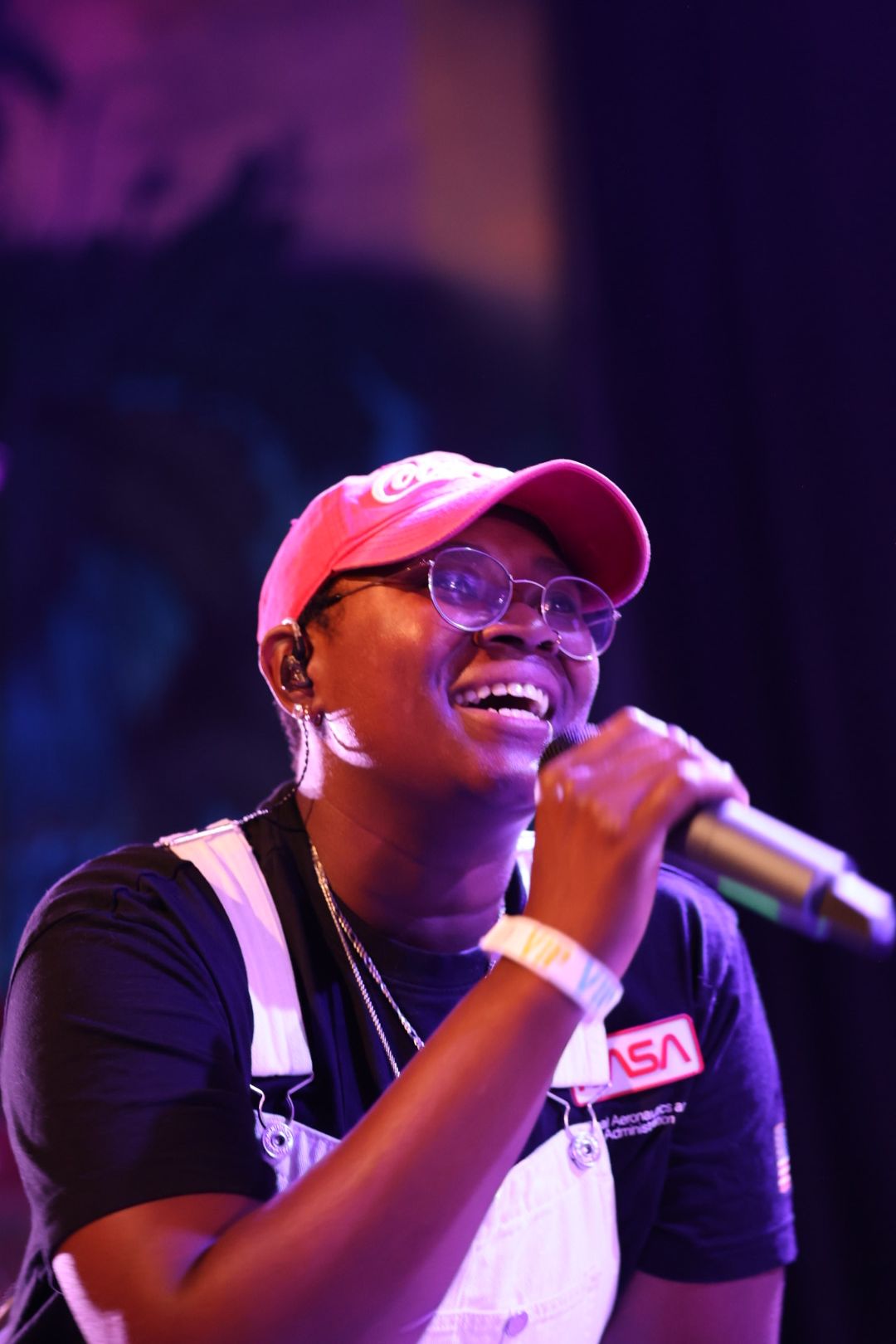We were lucky to catch up with Blairé recently and have shared our conversation below.
Blairé , thanks for taking the time to share your stories with us today Can you talk to us about a project that’s meant a lot to you?
The most meaningful project I’ve worked on is my upcoming 23-song album, Space and Boundaries, set for release in 2026. This album is an unveiling of my life’s journey and experiences as an artist, touching on deeply personal themes that many are afraid to explore. One of the most impactful songs on the album is Pretty Face Girls, which started as a “sad girl” song but evolved into an anthem challenging beauty standards in the music industry and the way women like me are often boxed into limited roles. Truth Is pushes the envelope on religious perspectives, addressing misconceptions about crystals and gems while offering a different interpretation of their biblical significance. Trip speaks to the trauma of sexual abuse and the way men in power often expect silence, making it one of the hardest but most important songs I’ve written. Father Daughter Dance tells my story of growing up without a father but having father figures who, while supportive, could never replace the presence of a real dad. Originally titled Daddy’s Little Girl, the song reflects on how not having that paternal guidance shaped my independence and my understanding of relationships, especially as someone in the LGBT community. Even if my father had stepped up, his role wouldn’t have determined whether I ended up with a man or a woman, but it would have given me a foundation for how I deserve to be treated. Another song that holds deep significance is Churchman, which addresses the hypocrisy in religious spaces—how preachers may outwardly welcome LGBT individuals while secretly judging them, or even engaging in their own hidden misconduct. It speaks to the deep pain of church hurt and the disillusionment that comes with it. Initially, I had 12 songs completed, but I later discovered I didn’t own the rights to the beats, forcing me to start over and rebuild the project from scratch. While this was terrifying, it has also been transformative, pushing me to grow as an artist and become more passionate, focused, and intentional with my work. This album isn’t just music; it’s my truth, my healing, and my message to the world.
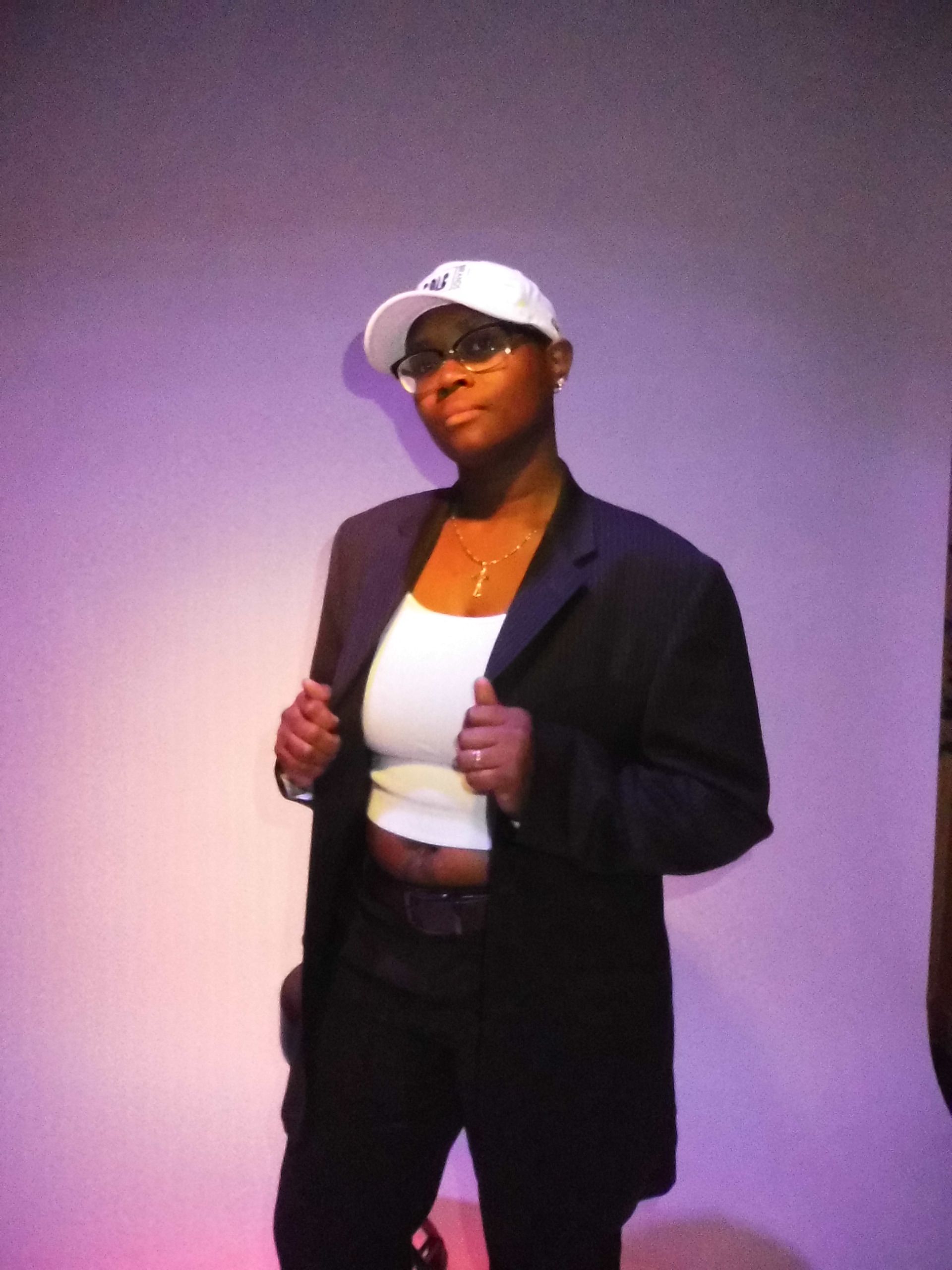
Awesome – so before we get into the rest of our questions, can you briefly introduce yourself to our readers.
I come from a deeply musical family—my father is a professional singer, writer, and instrumentalist, and my mother was involved in music, modeling, and dance. She even performed on Soul Train and traveled to Taiwan for music. Though I didn’t have a relationship with my father until I was 25, he has been an active and incredible presence in my life for the past decade. Despite my musical background, I initially resisted joining the industry. I saw how demanding it was on my parents and wanted a different path, even considering architecture. But music kept calling me back. I started singing in churches, performing for my sorority, and eventually writing my own songs. By 2021, I had written five songs and began recording in a friend’s home studio, producing 11 tracks—though I later had to rework them due to ownership issues. That experience pushed me to become more intentional with my artistry.
In addition to music, I’m also a trained chef. I developed my culinary skills after moving to Colorado, thanks to a suggestion from my stepfather. Cooking became another creative outlet, and just recently, my brother and I opened our own bistro. Balancing both music and culinary arts has allowed me to connect with people in different, but equally meaningful, ways.
In 2022-2023, I started working with Anthem Music Enterprises, a studio in Colorado Springs that focuses on using music to combat mental illness. That mission resonated with me because I was studying sociology and working at Springs Rescue Mission, where I saw firsthand how mental health and music intersect. Right now, I’m working on a song called Red Writings on the Wall, which addresses suicide—especially among veterans in Colorado Springs. Music, to me, is more than just entertainment; it’s about healing and giving people a space to feel seen.
A huge part of my identity as an artist is tied to the theme of space and astronauts. As a child, I wanted to be an astronomer, fascinated by the idea of something bigger than myself. A therapist once wrote me a note that said, You deserve space and boundaries, and that stuck with me. My branding reflects that concept—I believe in taking up space, breaking and building boundaries, and embracing the human experience beyond the labels society places on us. I call my fans light children because they are a source of light in this world, and I want them to remember that.
What sets me apart is the experience I create—whether through music, performance, or culinary arts. When people leave my space, I want them to feel changed, renewed, and inspired. I want them to know that they are seen, that they belong, and that they are part of something greater.
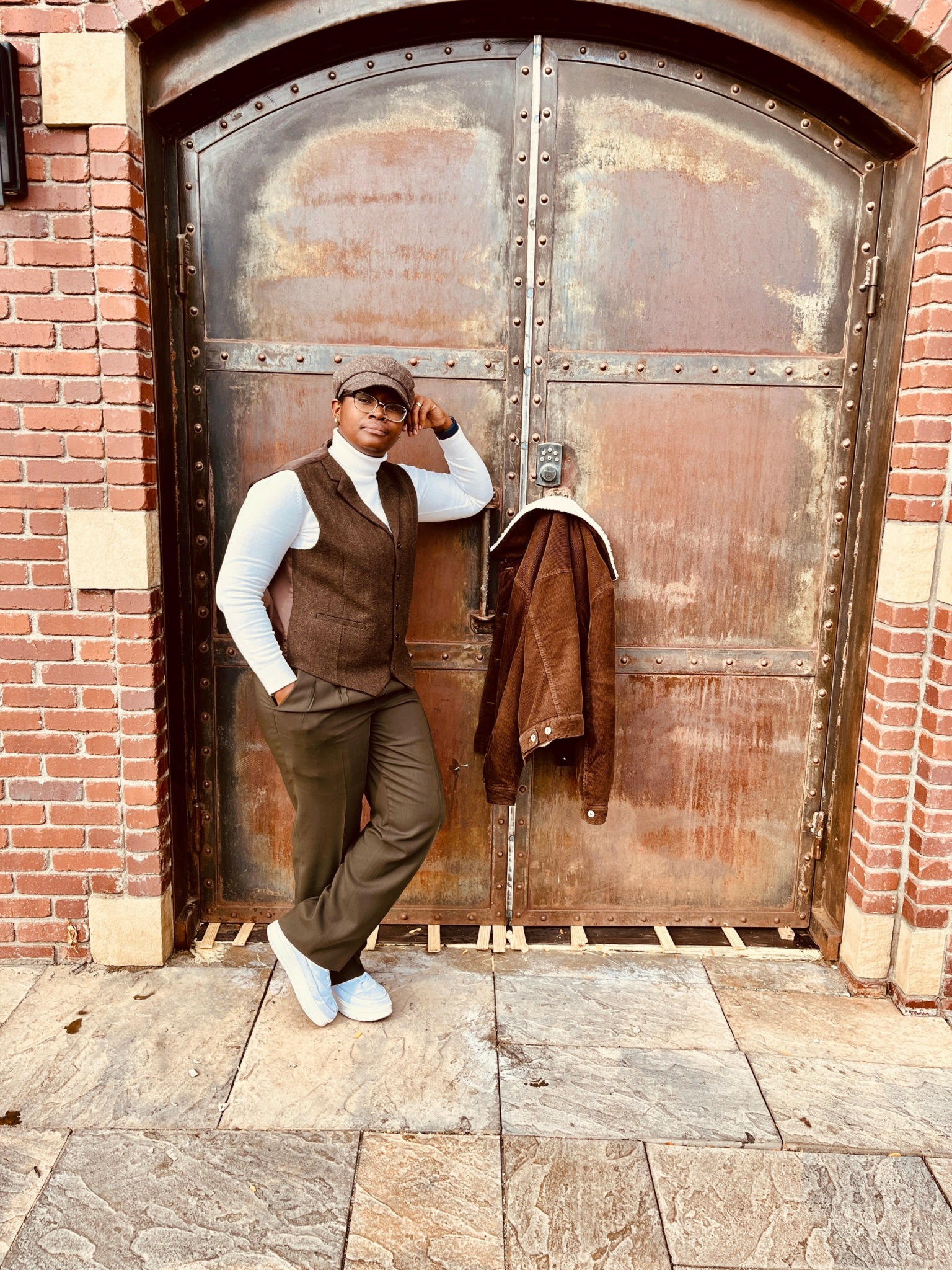
What can society do to ensure an environment that’s helpful to artists and creatives?
Society can best support artists and a thriving creative ecosystem by recognizing that small actions—liking, following, sharing, and engaging with their work—can make a massive difference. Supporting up-and-coming artists doesn’t always mean spending money; it means actively participating in their growth. We often forget that even the biggest mainstream artists started with a community that believed in them, shared their music, and attended their early shows. Too often, we wait until an artist is famous before we give them attention, but by then, they no longer need our support the way independent artists do.
For local and independent artists, streams matter, engagement matters, and visibility matters. Simple things like saving their songs to a playlist, watching their full videos, or using their music in a social media post help increase their reach. When you go to a show, bring a little extra cash to buy merch—whether it’s a hoodie, a sticker, or a postcard, every sale counts. If you can’t afford to buy something, your voice and engagement are still powerful tools. Leave a comment, write something encouraging, and show that you genuinely appreciate their work. Engagement—especially thoughtful comments and shares—helps artists push through algorithms and reach new audiences.
We live in an era where social media is a primary tool for exposure, and it’s free to share an artist’s work. Back in the day, artists could take their CDs to a radio station and hope for airplay, but now, many stations require payment to be featured. Social media has given independent artists a direct line to their audience, but it only works if people actively support them. When you see an artist posting consistently, recognize the effort they’re putting in. Don’t just scroll past—take a second to engage. That encouragement keeps artists going and allows new, diverse voices to thrive in the industry.
At the end of the day, supporting independent artists isn’t hard. If you believe in their work, show it. A share, a mention, a playlist add—it all helps get their music in front of the right people. Every major artist started somewhere, and the difference between an unknown artist and a superstar is often just the level of community support they receive along the way.
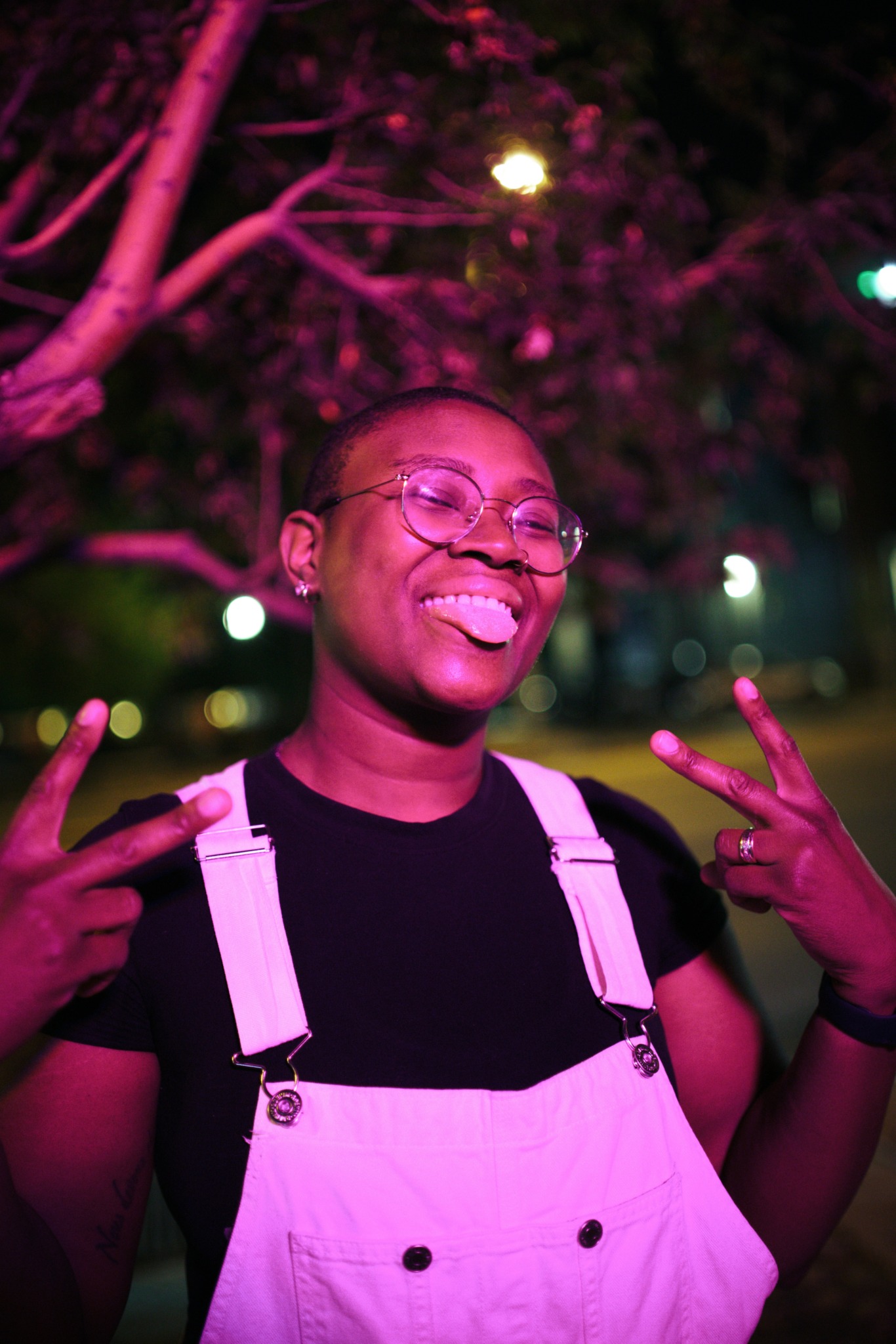
We’d love to hear a story of resilience from your journey.
Resilience, for me, has never been a choice—it has been a necessity. As a non-binary, African-American, Christian, and married person in the music industry, I’ve had to navigate multiple identities that often feel at odds with one another. While the music world gives some freedom for self-expression, it also comes with its own set of challenges, particularly when it comes to being both LGBT and Christian. These two aspects of my identity are often seen as contradictions, leaving me in a constant space of having to justify my existence.
From an early age, my mother instilled in me a deep sense of independence. She taught me that I had to have my own back because the world wouldn’t always support me. She emphasized moving in silence, observing before acting, and knowing when to blend in or stand out. That lesson shaped me into the person I am today—someone who knows how to adapt, navigate different spaces, and read a room before stepping forward.
But that ability to adapt, to be a chameleon, is also exhausting. There are times I wish I could simply exist without having to calculate how I present myself based on my surroundings. In Black spaces, I sometimes feel like I have to suppress my queerness to be accepted. In LGBT spaces, I find it difficult to express the unique challenges I face as a Black person. In Christian spaces, I often feel like I have to downplay both my queerness and my frustrations with the church. Even in everyday interactions, my non-binary identity is constantly up for debate—when I’m around men, I have to navigate the dynamics of masculinity differently than when I’m around women.
This constant shape-shifting has been my survival mechanism, but it has also been my greatest strength. It has allowed me to move through different spaces, to connect with people from all walks of life, and to build a career despite the odds stacked against me. My resilience isn’t something I chose—it was something I had to develop. I didn’t wake up one day and decide to be strong; I became strong because life required it of me.
At the core of it all, my resilience comes from knowing that, despite the challenges, I have a purpose. My music, my presence, and my story matter. I continue to push forward, not just for myself, but for those who see themselves in me—those who feel like they don’t fit neatly into one box. If my journey teaches anything, it’s that resilience isn’t just about enduring hardship—it’s about transforming it into something meaningful.
Contact Info:
- Website: https://www.mukonii.com/blair%C3%A9
- Instagram: https://www.instagram.com/blaire.ahe?igsh=MWUwNnNkNTR1eGwycw%3D%3D&utm_source=qr
- Youtube: https://youtube.com/@blaire.ahumanexperiance?si=10r4r6Y_HiP2iP56
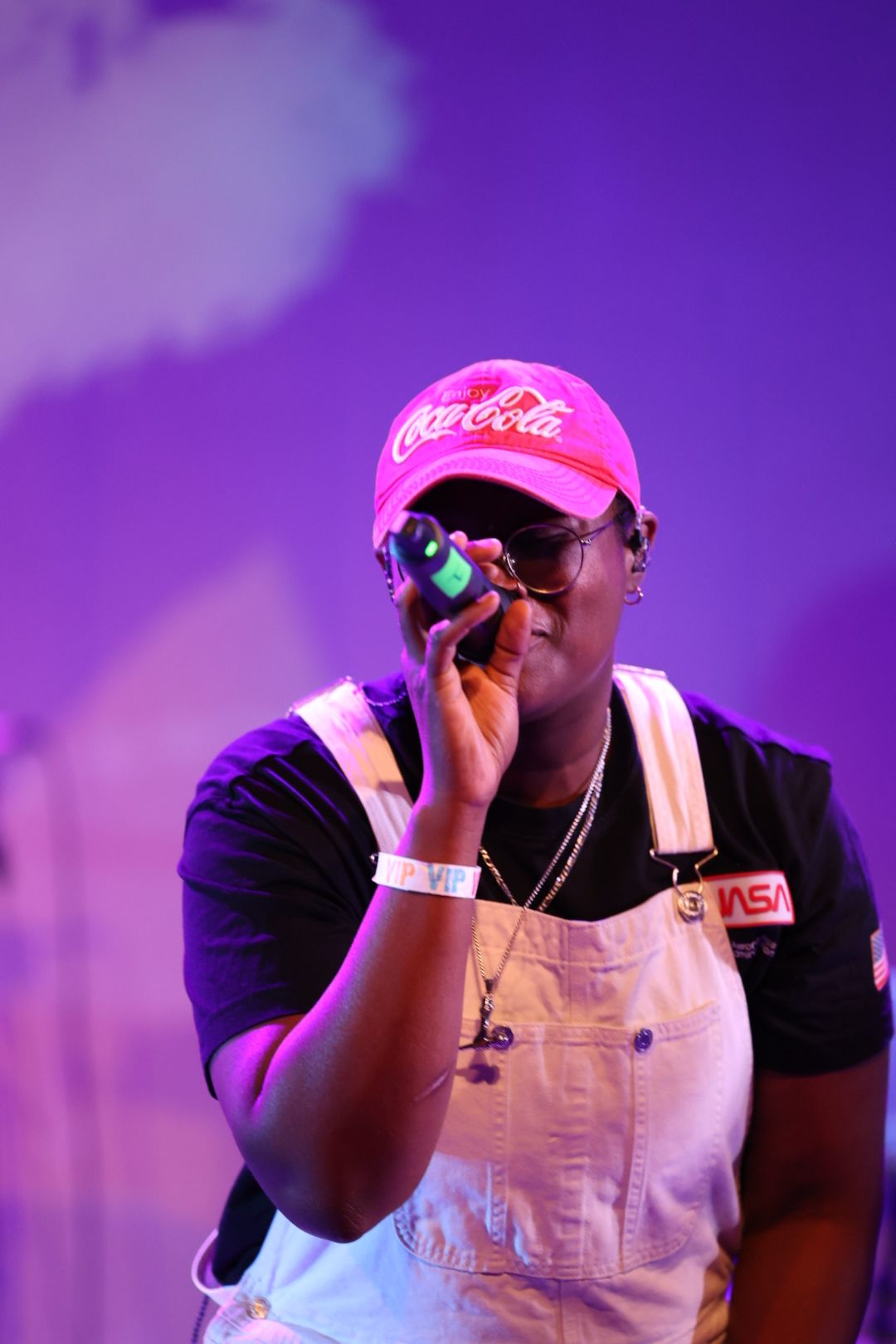
Image Credits
Gabe Wright
Vundrr visionaries
Nikki Chandler


